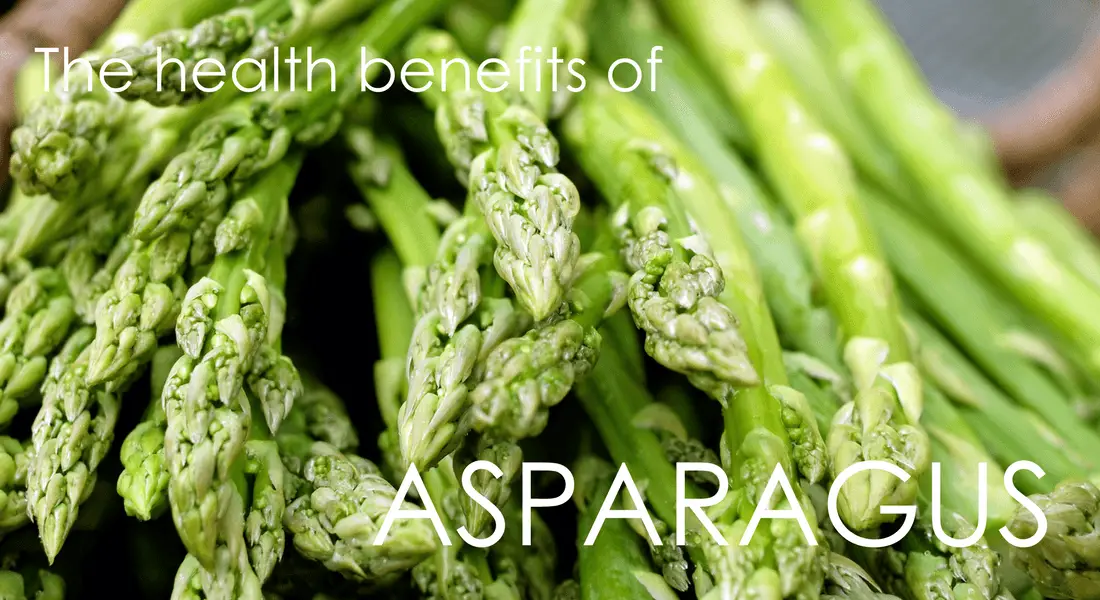Asparagus has been used as a food and a medicine since the early Egyptian days. It has been found in pictures dating back to 3000BC in Egypt, Syria, and later in Spain. Asparagus seemed to have become part of the diet of Europeans in the mid–1400.
Asparagus Is Good for Your Urinary Tract
Research has found that asparagus has very high levels of asparagine, an amino acid. Therefore it is a natural diuretic that can help to flush out excess fluid and salt from your body. This flushing may help to prevent urinary tract infections. Studies have shown promising results that a diet that includes asparagus may help prevent urinary tract infections from developing because more trips to the bathroom can help move the harmful bacteria out of the urinary tract.
Asparagus Contains Vitamin E
Nutritionists suggest adding asparagus to your diet to increase your consumption of vitamin E, an important antioxidant. Vitamin E is known to strengthen your immune system and help to protect cells from the harmful effects of free radicals. Studies have found that vitamin E is absorbed better when eaten with some fat. Asparagus cooked in olive oil is a great way to get healthy fat and vitamin E.
Asparagus Contains Vitamin K
If you need to find a great source of vitamin K, look to asparagus. Vitamin K is a blood-clotting vitamin, and studies show promising results that it can also improve bone health. Vitamin K plays an essential part in bone mineral density in osteoporotic people, but it may also reduce fracture rates. Researchers have also found that vitamin K helps support heart health by preventing the arteries from hardening by keeping calcium out of the artery linings.
Asparagus Is Good for Pregnant Women
Nutritionists suggest adding asparagus to the diet of women who want to become pregnant or pregnant because it contains a large amount of folate. Folate is known to decrease the risk of neural tube defects in fetuses. Research has shown how vital folate is for women who desire to become pregnant. Folate works with vitamin C and vitamin B12 to aid the body in breaking down, using and creating new proteins. The folate helps form new red blood cells and produce DNA which is the building block of the human body. These building blocks carry genetic information.
Asparagus Has Fiber
If you need to add more fiber to your diet, add asparagus. It contains both soluble and insoluble fiber, essential for digestive health. Soluble fiber attracts water and can help to slow down the digestive process. The insoluble fiber helps remove the plaque and other toxins in the stomach while being expelled. Plus, the added fiber helps regulate bowel movements, provides relief from constipation, and may help with some protection from colon cancer. Studies have found that asparagus contains a fiber called inulin, which promotes healthy bacteria growth in the gut, essential in maintaining a clean and healthy colon.























